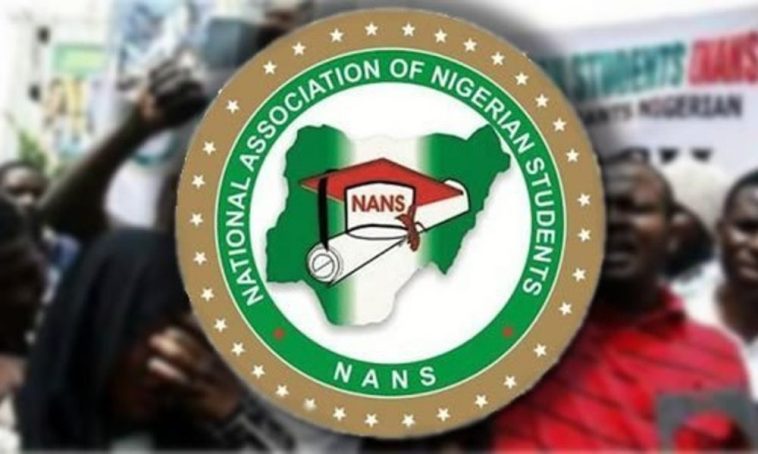The President of the National Association of Nigerian Students (NANS), Sunday Asefon, has stated that the attack on education in Nigeria is the strongest threat to the country’s nationhood.
While describing security as a fundamental foundation upon which other development could be built, Asefon expressed worries at the spate of insecurity in schools and campuses and the attendant deaths and kidnapping of many students.
The NANS president, who spoke in a statement titled ‘Nigeria at 61: Reflection on our potentials and our realities’ made available to Africa Today News, New York to mark the country’s 61st independence anniversary, said, ‘I do not think there is any stronger threat against our nationhood than the attack on educational institutions’.
While praising the efforts and result of the President, Major General Muhammadu Buhari (retd), administration on the recent onslaught against the bandits and terrorists, which he said had made schools safer of recent, Asefon said NANS would on November 24 convoke Students’ National Security Summit “to discuss and agree on modalities to improve campus security by the students in partnership with security agencies”.
Read Also: NANS Tackles Igboho Over Call For Southwest Secession
The NANS president charged policy makers to make concerted and conscious efforts to address the decay that had attended the nation’s education, saying, ‘The swing towards total privatization of quality education is cancerous to the nation and national security’.
He said, ‘We must accept that Nigerians are not asking for too much when they ask to sleep with their two eyes closed, when they ask for better healthcare, when they ask for good roads and ask for laws that do not distinguish between the affluent and the poor.
‘As Nigerians and as students, we must ask ourselves whether our schools are doing better after 61 years, we must ask whether our curriculums are solving real our societal problems, we must ask whether the infrastructures in our campuses are better off after 61 years.
‘We must ask whether researches are better, whether we feel safe in our schools as we use to 61 years ago, we must ask whether education provides the opportunity it provided 61 years ago and whether we could proudly send our wards to public schools around the country. These and more questions are begging for answers.
‘However, we must equally accept that we cannot continue to shift the blame and pass the buck. From the South to the North, we must accept responsibilities, from the young to the old, rich and poor. We must ask ourselves the fundamental questions of what we have done better individually’.
AFRICA TODAY NEWS, NEW YORK

